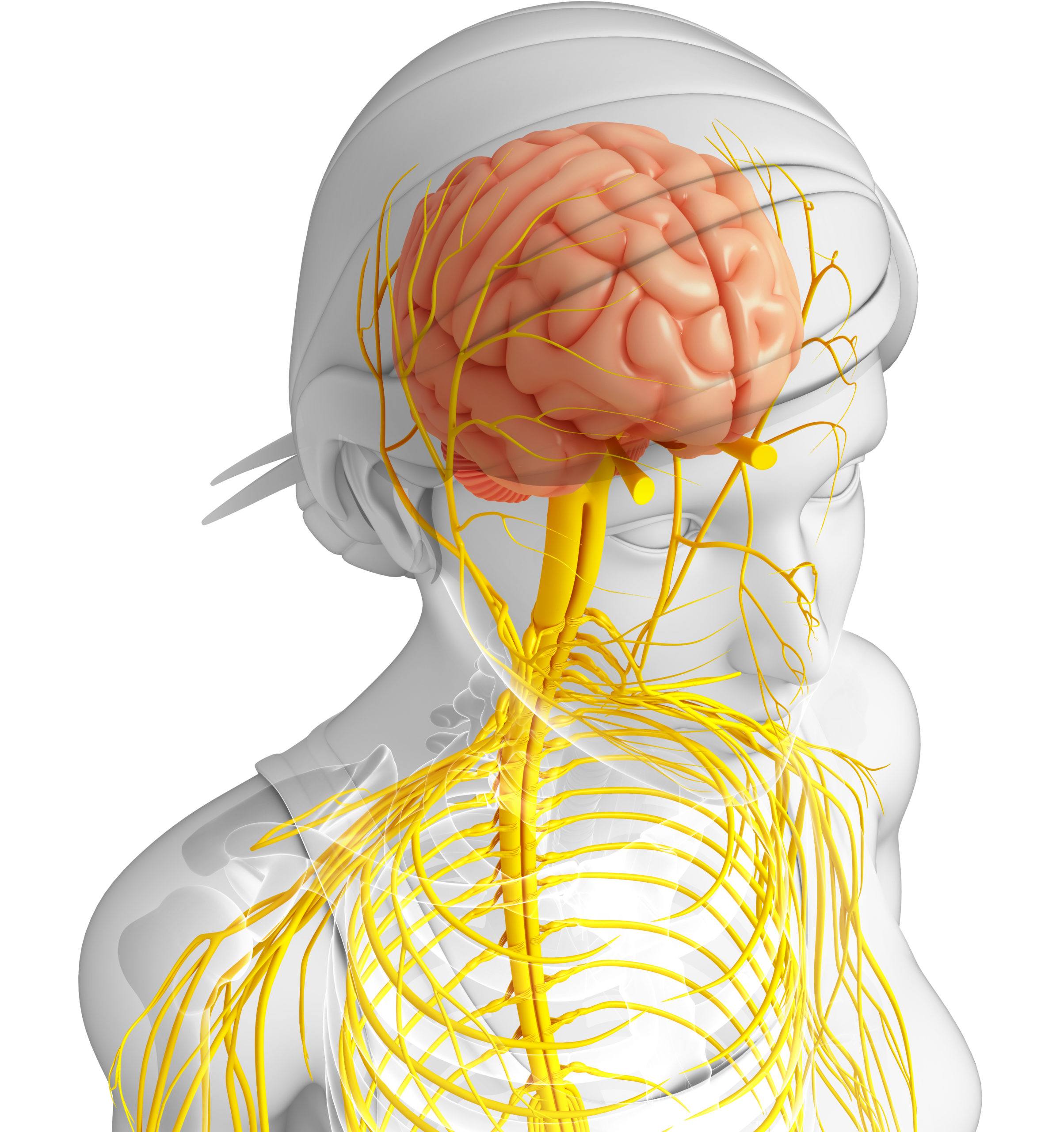Sight. Smell. Taste. Touch. Hearing. These five words play pivotal roles in helping humans navigate the world. They connect us to our environments, allow us to solve problems and make our lives all the better. Simply put, they help us taste coffee, smell coffee, hear and watch coffee being brewed, and feel the warmth of the mug in your heads. Our senses act as our very own “spidey senses,” if you will, and we are forever indebted to them—especially as it relates to that coffee example.
Most of us know about which organs support which sense, like how we see with our eyes and hear with our ears. However, and this will come as no surprise, our bodies
are complex.
When our sensory organs receive stimuli, like when you get that first heavenly whiff of coffee in the morning, they translate this information into signals that our nervous system uses to tell our brains what’s going on.
According to the Cleveland Clinic, your nervous system serves as your body’s command center. It “guides almost everything you do, think, say or feel,” and it’s is even important in regulating things you don’t think about, like when you breath, blush and blink. In functioning as “an enormous information highway running throughout your body,” your nervous system sends signals, receives and interprets information, and controls responses. Once the signals are relayed, a eureka moment happens—your brain says, “I smell coffee!” And this happens over and over again with everything we sense.
Your nervous system is important, but it is not invincible. Thousands of disorders and conditions can affect your nerves, according to the Cleveland Clinic, with some of the most common causes of nerve damage being disease, stroke, accidental injury, pressure, toxic substances and aging.
According to an article published by Oklahoma State University, “the normal aging process causes gradual losses to the sensory system” with the changes beginning around the age of 50 years old. Whether you experience a decline in your sensory abilities, or know someone who does, it can feel frustrating and confusing. Often times, it’s not as simple as putting on glasses or a hearing device. However, in understanding how our aging process affects our sensory systems, we can accommodate, adapt and accept losses that may not be entirely overcome; here’s how, according to Rush University Medical Center:
Sight
WHAT TO EXPECT: As you get older, your pupils shrink, which makes it harder to see when light is dim. Your eyes also lose elasticity, which makes it harder to focus, leaving many adults to use reading glasses starting in their 40s. Glaucoma, cataracts and macular degeneration can also pave the way for loss of vision in people over age 50.
WHAT TO DO: Keep your home bright to help boost your vision, and talk to your doctor about how often you should get an eye exam. These exams can help detect diseases early and update your glasses prescription as needed.
Smell
WHAT TO EXPECT: Nerves that help you smell begin to deteriorate, and your noses produces less mucus. This means odors don’t remain in your nose long enough to be detected by nerve endings. Common colds and allergies can also cause a decline in your ability to smell.
WHAT TO DO: If you’re prone to allergies, limit contact to things that cause them to flair up. Certain medicines can also affect your smell, so be sure to mention any medications you take while at the doctors’ office.
Taste
WHAT TO EXPECT: Taste buds shrink in quantity and size as you age, thus leaving you with a declined sense of taste. It can also fade as a result of infections, like colds, and some medications.
WHAT TO DO: Enrich the flavor of your food with herbs and spices, rather than salt or sugar, to avoid spikes in blood pressure and caloric intake.
Touch
WHAT TO EXPECT: The reduced circulation to nerve endings often leads to a decline of touch as you age, which may make it harder to feel or perceive things. Diabetes can cause nerve damages that can worsen this.
WHAT TO DO: Conduct daily check-ins to see if your skin
was unknowingly injured, and be mindful of how sensitive you
are to different stimuli, like being unable to tell how hot or cold something is. If you have diabetes, strive to keep your blood sugar in its target range to reduce the risk of nerve damage.
Hearing
WHAT TO EXPECT: Long-term exposure to loud noises and normal decline of nerve cells lead many adults to have trouble hearing. By age 60, one in three adults experience this!
WHAT TO DO: Encourage people to speak louder without shouting to avoid any further straining in day-to-day conversations. Try to control background noises, like TV or radio volumes, and wear earplugs to protect yourself from loud noises if you cannot.
Related Articles:

